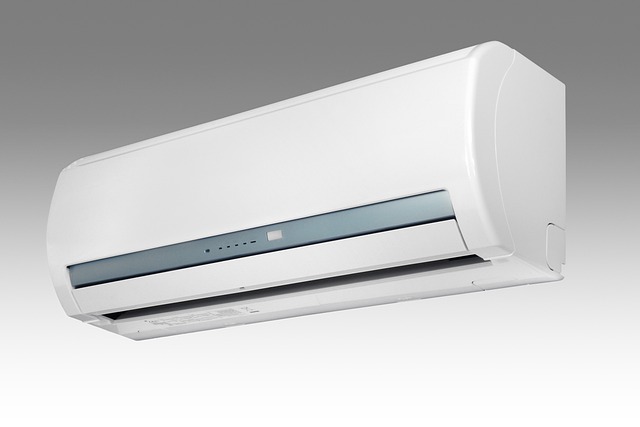Reducing your HVAC energy bills doesn’t have to be complicated. In fact, there are a number of simple things you can do that will make a big difference. Here are the top 5 ways you can significantly reduce your HVAC energy bills.
Educate yourself about your HVAC system and how it works
Knowing the basics about your HVAC system is an important part of keeping it running smoothly. An easy way to start understanding how your HVAC works is to read its user manual, if you have one. There are also plenty of online resources with information ranging from in-depth troubleshooting guides to helpful maintenance tips. Another great way to learn more about HVAC systems is by booking a hvac maintenance service with a local technician who can go over the fundamentals with you and perform any necessary maintenance. No matter how you choose to acquire hvac knowledge, it’s always beneficial for homeowners or tenants to be aware of their heating and cooling system’s inner workings, as this can help identify potential problems and inform you when it’s time for servicing.
Educate your family and friends about conserving energy
Conserving energy is a great way to protect the environment and lower bills. It requires a collective effort, so why not start by educating your family and friends? Simple steps like unplugging appliances when they are not in use, using cold water when washing clothes, and investing in energy efficient bulbs can make a big difference. With technology advancements, more energy-saving options have become accessible to all households! The best part is that being mindful of energy consumption improves carbon footprint, greenery all around us, and further reduces global warming. So, think about how you can take small steps in educating your family and friends about conserving energy today!
Get an energy audit to see where your home is losing energy 4. Implement the recommendations from the energy audit
An energy audit is a great way to assess where your home is losing energy, allowing you to make informed decisions about improving or upgrading components of your house. With the recommendations from an energy auditor, you can take active steps towards creating a comfortable, sustainable environment in your home. Some simple suggestions from an energy audit might include choosing more efficient lightbulbs or appliances, caulking and weather stripping air leaks and heating/cooling vents, and insulating the attic. Many times these projects are cost effective and help you reduce both the cost of your utility bills and carbon footprint. They also serve as integral steps towards ultimately improving the quality of life for you and your family.
Check for rebates and tax credits that can help offset the cost of upgrading your HVAC system
Upgrading your HVAC system can be expensive, but there are opportunities to help offset the cost. Many states have rebates and tax credits available for homeowners who make energy efficient home improvements, and upgrading your HVAC system is often eligible. Before purchasing a new system, do some research to find out if there are any rebates or tax credits available where you live – it could save you hundreds of dollars in the long run. Make sure that all paperwork related to the listed incentives is completed and submitted with the purchase in order to take advantage of the savings!
Now that you know more about how your HVAC system works and some ways to conserve energy, it’s time to get an energy audit. An energy audit will help you pinpoint where your home is losing energy so you can make the necessary changes. Once you have the results of your energy audit, you can start implementing the recommendations and upgrade your HVAC system. Be sure to check for rebates and tax credits that can help offset the cost of upgrading to a more efficient system—it’s a great way to save money and energy!
Related Posts:
- 6 most common HVAC issues and how to fix them
- 5 Most Common HVAC Issues in Colorado
- 4 Benefits of Having Your HVAC Unit Inspected Regularly
- 6 Signs Your HVAC System Needs Repair
- Beginner’s Guide to Selecting the Right HVAC system
